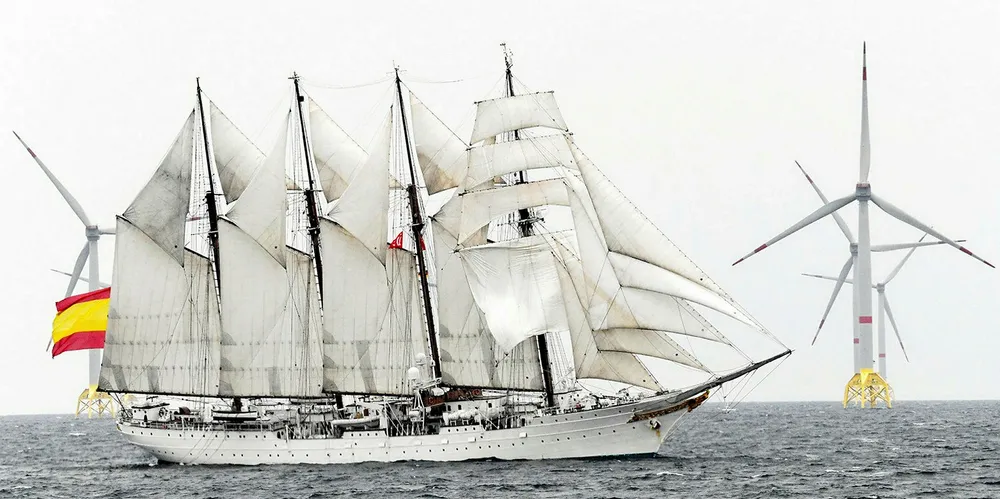More offshore wind and PV needed to reach German 2030 goals – BDEW
The country’s main energy lobby demands at least 17GW offshore wind and lifting a support cap on PV

The country’s main energy lobby demands at least 17GW offshore wind and lifting a support cap on PV
